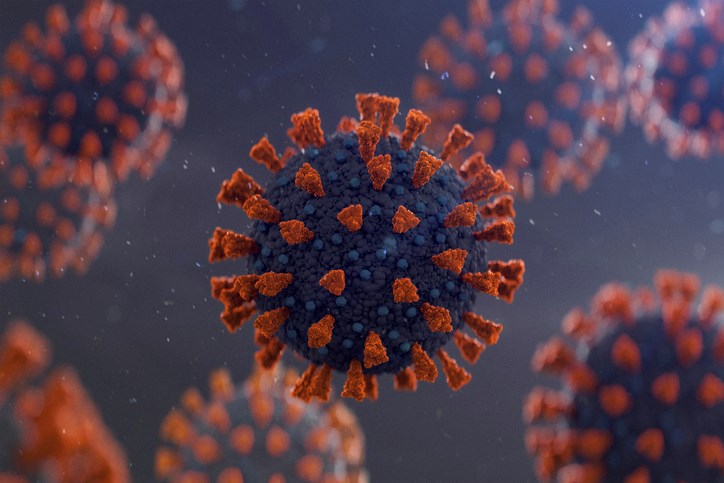REGINA - As a result of rapidly escalating COVID pressures on Saskatchewan’s hospitals, the Saskatchewan Health Authority’s Emergency Operations Centre (EOC) directed leaders and care teams on Friday to activate a second phase of surge plans that will include a temporary provincial slowdown of elective procedures.
“We have hit a critical point, and are now on the verge of the largest test our health care system has faced since this pandemic began,” said SHA’s CEO Scott Livingstone. “Teams are being asked to support the health care system’s ability to maintain services to those at greatest risk, while ensuring the SHA can support testing and contact tracing to help slow the spread of COVID-19.”
In the Weyburn area, there were 14 new COVID cases as of Sept. 17, with 85 active cases now in the area, and 229 active cases in the southeast region, with 46 new COVID cases as of Sept. 17. There were six people in hospital with COVID in the southeast area.
There were 238 COVID tests administered as of Sept. 17, and 249 new doses of vaccine were administered.
Province-wide, there were 472 new COVID cases, and of these, 383 were unvaccinated people, with 25 having received one dose, and 64 had both doses.
Details of the surge directive:A
This directive asks teams to focus on COVID care in hospitals, while continuing to support emergency and cancer procedures and treatments and cases deemed urgent in the next six weeks.
With support of the province’s emergency order issued on Thursday, staff will be deployed to areas that have been facing urgent and emergent care demands in recent weeks in order to provide immediate relief and to escalate capacity to meet rapidly surging demand. Teams are also expected to work provincially to implement load levelling processes within and across all acute care and ICU sites in the province.
Today’s directive includes the new surge targets for ICU and hospital capacity:
• surge from a baseline of 79 ICU beds up to 175 (previously 130) to accommodate a new projection of 125 COVID ICU patients (previously 80), and to maintain capacity for up to 50 non-COVID ICU patients;
• Flex up hospital capacity across the province to care for a total of 350 COVID non-ICU patients (previously 255).
• Support the deployment of staff to support the case investigation requirements for up to 750 new lab confirmed positive cases per day
• Continue efforts to meet testing targets for demand, aiming for no longer than 24 hours wait for testing within a test centre or a wait of no more than 90 minutes within a drive-thru.
Provincial criteria is being established to ensure consistent application across all care teams of what procedures will be temporarily paused. Individuals whose booked elective procedures are affected will be directly communicated with. The previous direction of maintaining services for mental health and addictions, and childhood immunizations under the age of 2 remains.
Implementation of this will be occurring over the coming days, with impact to patients starting next week.
The public is reminded that these surge plans will require hospital patient transfers, involving who fit established criteria and can be assured of comparable safe care. Individuals may be transferred to facilities that may not match their preference and may not be closest to their home.
“The pressure on our hospitals is a direct result of the ongoing pandemic of the unvaccinated,” said Livingstone. “The result is that many Saskatchewan residents will now go without the health services they need to preserve their quality of life. If you are eligible, please get vaccinated. To do otherwise is to risk making a choice for all Saskatchewan residents about whether the emergency and critical services will be there for them when they need it.”



